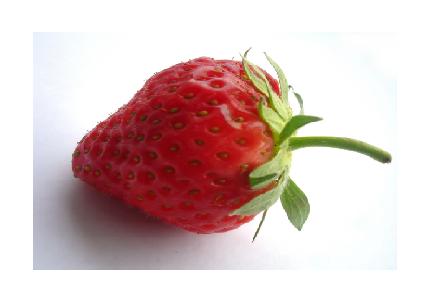It’s not really surprising that teenagers tend to ignore dietary guidelines, like the Food Guide Pyramid. But studies show that children start to develop insensible eating patterns much earlier, between the ages of 4 and 8 years! Basically, as children get older and have more freedom to choose their own snacks they make poorer choices and the number of servings of fruits and veggies decreases with age! As children get older, their intake of dark green vegetables should actually increase to help them with proper growth and development.
Every little bit helps though; if you can get your child to eat one or two more servings of fruit and veggies a day, it can substantially improve their diet. All you need to do is monitor your child and set the right examples yourself. If your kids learn to make the right food choices for themselves between the ages of 4 and 8, they are more likely to adhere to them later in life and maintain proper eating patterns.
Some changes are not too hard to make: instead of buying white bread and pastries made of refined grains and white sugars, switch to whole grains. Also limit the number of starchy vegetables you purchase, and instead choose deep yellow and dark green option. By having certain healthy choices in your home, and abandoning or limiting the unhealthy snack options, your kids can’t really do anything but learn proper food choices.
Don’t treat eating fruits and vegetables as a chore, but rather try to find out which fruits your child likes and use fruits as a treat as well. If children feel they “have” to eat something because it is “good for them”, their associations with the foods will be unhealthy. They may love strawberries, but because they “must” eat them instead of candy, they will likely prefer to eat candy instead.

Photography by Euan Ayr
Children raised in families where fruits are treated like a tasty treat will more often choose fruits as a snack compared to kids who have been told they should eat fruit because it is “good for them”. Think of it this way: would you rather be recommended a certain dish or type of food because it is “good for you” (with the risk of it not being very tasty), or because it “tastes good”.
Food choices are all about mind set, in adults as much as in children. However it is harder to change our associations with foods than it is to shape those of our kids.

